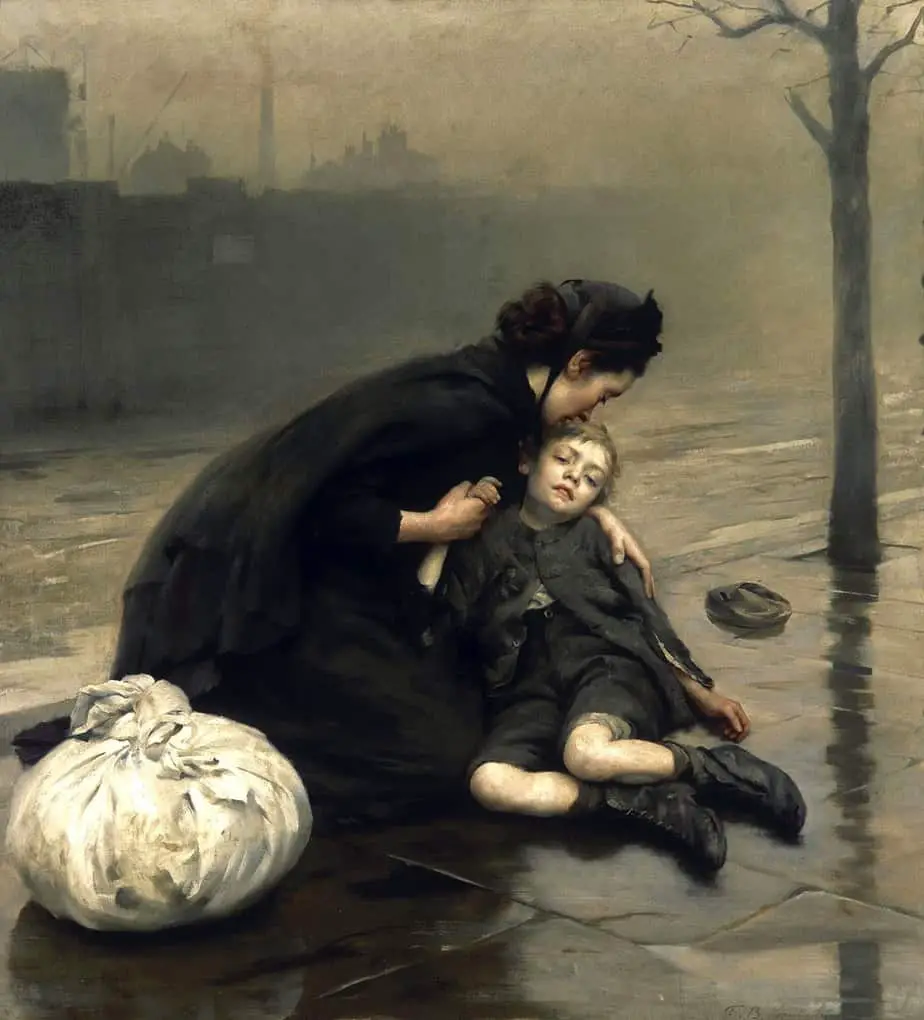-
The Hunger Games
It’s safe to say this post contains spoilers about The Hunger Games. Plenty has been said about The Hunger Games and I doubt I can add another single thing, but I have been collecting links on this for ages as they raced through my feed, refusing to read them until I’d seen the movie and […]
-
Death In Children’s Literature
Many people will probably tell you their first brush with death was watching Bambi. I can’t say the same because I never saw the animated Disney film. I thought I knew the story for the longest time, because my grandmother bought me a Little Golden Book called Bambi and Friends Of The Forest. I still […]
-
The Problem Novel and Bibliotherapy

“The Problem Novel” is a dismissive term for a realistic young adult story which focuses solely on the worst aspects of life: murder, eating disorder, discrimination, imprisonment, rape, drug abuse and similar. The following draws heavily from Lecture 03 of Fiction For Young Adults, delivered by Prof David Beagley at La Trobe University. Lectures are […]
-
What Makes A Book For Young Adults?
Little Women, Anne of Green Gables — we now look at these books as historical but Little Women was written about current affairs, about finding a husband while a father was away at war. Pride and Prejudice was also about finding boys. Puberty Blues, a contemporary novel set in Newcastle, is again about a group […]
-
Dystopia, Apocalypse and Climate Fiction

According to a large portion of the world’s population, humankind is already living in a dystopia.
-
Social Issues In Realistic Children’s Fiction
In Sweden, a critic has coined the notion of idyllophobia, a fear of presenting the world of childhood as idyllic. Children’s and juvenile literature becomes more and more violent, not necessarily in actual depictions of violence, but in the general attitude toward the essence of childhood. The narrative strategies which writers use, most often the […]